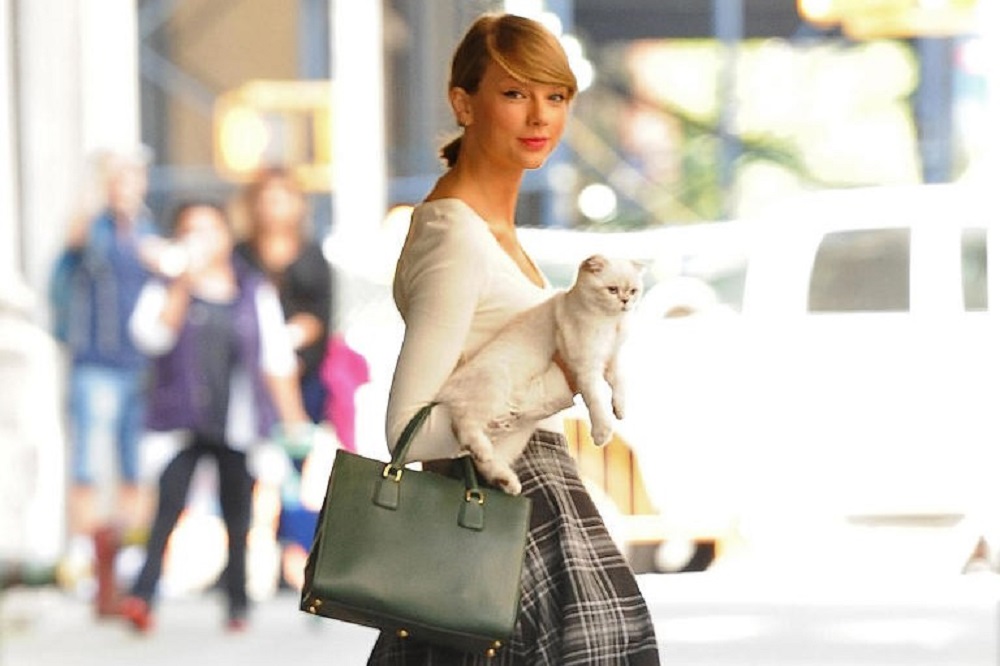If you've ever been jolted awake by the sounds of cats mating, you know it's not exactly a serenade. More alarming than amorous, the screaming that accompanies feline mating might have you wondering what's going on in the alley or backyard. Here’s a breakdown of why cats are so vocal during this seemingly distressing time.
The Basics of Feline Reproduction

Christina & Peter / Pexels
To understand the screaming, you first need to grasp the cat's reproductive cycle, which is quite different from ours. Cats have what's known as a seasonal reproductive cycle, peaking in the warmer months. When a female cat (or queen) comes into heat, she can become quite vocal, displaying behaviors like restlessness and the classic pose known as lordosis, where she presents her rear end.
The Mating Process: Not as Romantic as You’d Think
When it comes to the actual mating, things can get pretty intense. Male cats (or toms) are drawn to a queen in heat by her loud calls, which are essentially invitations to mate. The tom will approach the queen and often secure a position by biting the scruff of her neck. What follows is quick but hardly gentle.
Male cats have barbed penises, and these barbs play a crucial role in the mating process. They help stimulate ovulation, as a female cat does not release eggs unless she mates. Unfortunately, these barbs can also cause the female discomfort, hence the screaming. It's a functional aspect of cat reproduction but can be quite distressing to witness.
Why the Screams?

points / istockphoto
The screams are not just expressions of discomfort. They are multifaceted signals that can serve various purposes, from accelerating ovulation to communicating with other potential mates in the vicinity. The loudest screams often occur when the male withdraws, which can be particularly painful for the female due to the barbs on his penis.
Hormonal Highs and Behavioral Quirks
During her heat cycle, a queen experiences significant hormonal fluctuations, which can exacerbate her vocalizations. If a queen doesn't mate, she'll typically go back into heat within a few weeks, which can lead to a prolonged period of noisy nights if she doesn't find a mate or get spayed.
Does Mating Hurt Cats?

Elif Taşlı / Pexels
While it might sound like a painful ordeal, the mating process is natural and generally not harmful in the long run. Cats are quite resilient, and while the queen may seem agitated or aggressive post-mating, this is normal behavior. It's best to give mating cats some privacy and ensure they have safe spaces to retreat to afterward.
Cats' mating behaviors, including their loud screams, are deeply ingrained in their nature. While it can be unsettling to hear, it's a normal part of feline life. For pet owners not interested in breeding their cats, spaying and neutering can prevent not only unwanted litters but also the noisy, disruptive behaviors associated with the mating cycle.



